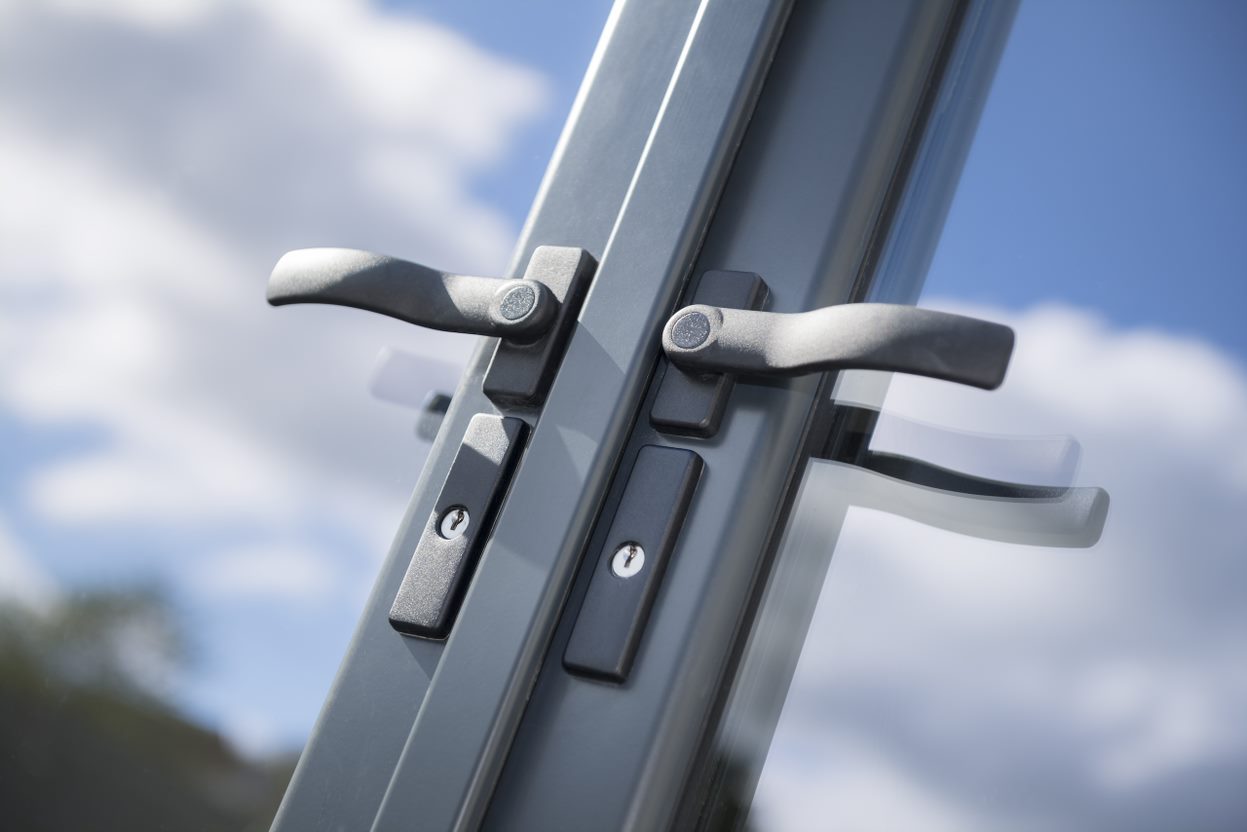How To Create An Awesome Instagram Video About Door Handle Parts
Understanding Door Handle Parts: A Comprehensive Guide
Door handles are essential elements of every home and workplace, serving not simply as practical devices but likewise boosting the aesthetic appeal of doors. Nevertheless, lots of individuals are unaware of the different parts that make up a door handle and how each element contributes to its total function and style. This post intends to supply a substantial overview of door handle parts, delve into their functionalities, and answer some regularly asked questions.
Main Components of Door Handles
A normal door handle includes a number of crucial parts, each playing a particular function in the functioning of the handle. Here we break down the primary elements:
Handle or Lever:
- The part that you grip to run the door. fixing door handles can come in various styles, including levers or knobs, with styles varying from minimalist to ornate.
Rosette or Escutcheon:
- This circular or decorative plate surrounds the handle and covers the hole in the door where the hardware is installed. It not only improves aesthetic appeals but can also hide any flaws from installation.
Spindle:
- A metal rod that links the two halves of the handle or lever through the door. It permits the handle to turn and engage the latch mechanism.
Latch or Bolt:
- The mechanism that keeps the door closed when it is in a closed position. When the handle is turned, the lock withdraws allowing the door to open.
Strike Plate:
- A metal plate installed on the door frame that gets the lock or bolt when the door is closed. It strengthens the area and helps keep the door secure.
Key Cylinder (for locked handles):
- The mechanism that permits the door to be locked and opened with a key. This is typically found in key-operated handles.
Spring Mechanism:
- Typically found in lock mechanisms, this allows the latch to return to the 'locked' position once the handle is released.
Mounting Screws:
- These are used to protect the handle and the rosette/escutcheon to the door, ensuring that the components are securely fitted and correctly lined up.
Kinds Of Door Handles and Their Parts
Door handles can be found in a variety of designs and may feature unique parts depending upon their style and desired usage. Below are the most common kinds of door handles along with their distinct functions.
1. Lever Handles
- Typically easier to run than knobs, making them ideal for people with limited hand strength.
- May include a personal privacy lock mechanism for bathrooms and bedrooms.
2. Knob Handles
- Most common design, available in lots of styles and finishes.
- Typically round; can have a lock mechanism integrated.
3. Pull Handles
- Frequently used on sliding doors or bigger doors.
- Normally does not have a locking mechanism, focusing primarily on functionality.
4. Smart Door Handles
- Modern handles that incorporate technology, allowing gain access to through biometric scanning or mobile applications.
- Might have extra electronic parts that demand battery or Wi-Fi installation.
5. Outdoor Handles
- Developed particularly to endure weather, frequently more robust than indoor choices.
- Normally equipped with heavy-duty locks for enhanced security.
The Importance of Choosing the Right Door Handle Parts
Picking the best door handle parts is essential for both functionality and security. Here are some factors to consider:
- Durability: Ensure that the materials used in the handle and its elements can hold up against day-to-day wear and tear.
- Functionality: Different handles serve different functions. For circumstances, lever handles may be much better for ease of access.
- Style: Select a style that matches the design of your home or office.
- Security Features: Consider the level of security you require, particularly for exterior doors.
FAQs About Door Handle Parts
1. What materials are typically used for door handles?
Door handles can be made from a range of products consisting of stainless steel, brass, aluminum, plastic, and ceramic. Stainless-steel is popular for its strength and resistance to corrosion.
2. How do I understand which size handle to pick for my door?
When picking a door handle, determine the density of your door and ensure that the handle set corresponds to this size. In addition, examine the backset (the range from the edge of the door to the center of the handle).
3. Can I replace just the handle or do I require to change the entire assembly?
Oftentimes, it is possible to change simply the handle or lever without requiring to change the whole assembly. Nevertheless, compatibility needs to be checked to prevent mismatched parts.
4. What is the distinction in between a personal privacy lock and a passage lock?
A personal privacy lock limits gain access to and is normally utilized for bathrooms and bedrooms. A passage lock, on the other hand, does not have a locking mechanism and is typically utilized for corridors or closet doors.
5. How do I keep my door handles?
Regular maintenance includes cleaning the handles with mild soap and water and examining the screws and latch systems for any signs of wear or rust. Oiling the latch sometimes will also guarantee smooth operation.
Comprehending the parts of door handles and their functionalities can considerably improve one's capability to select the right type for particular needs while ensuring visual appeal and security. With various choices available, it is very important for house owners and contractors alike to think about not just the visual elements but likewise the practical elements of door handle style. By taking these aspects into account, individuals can make sure that they choose door handles that enhance their areas while serving their desired purposes efficiently.
